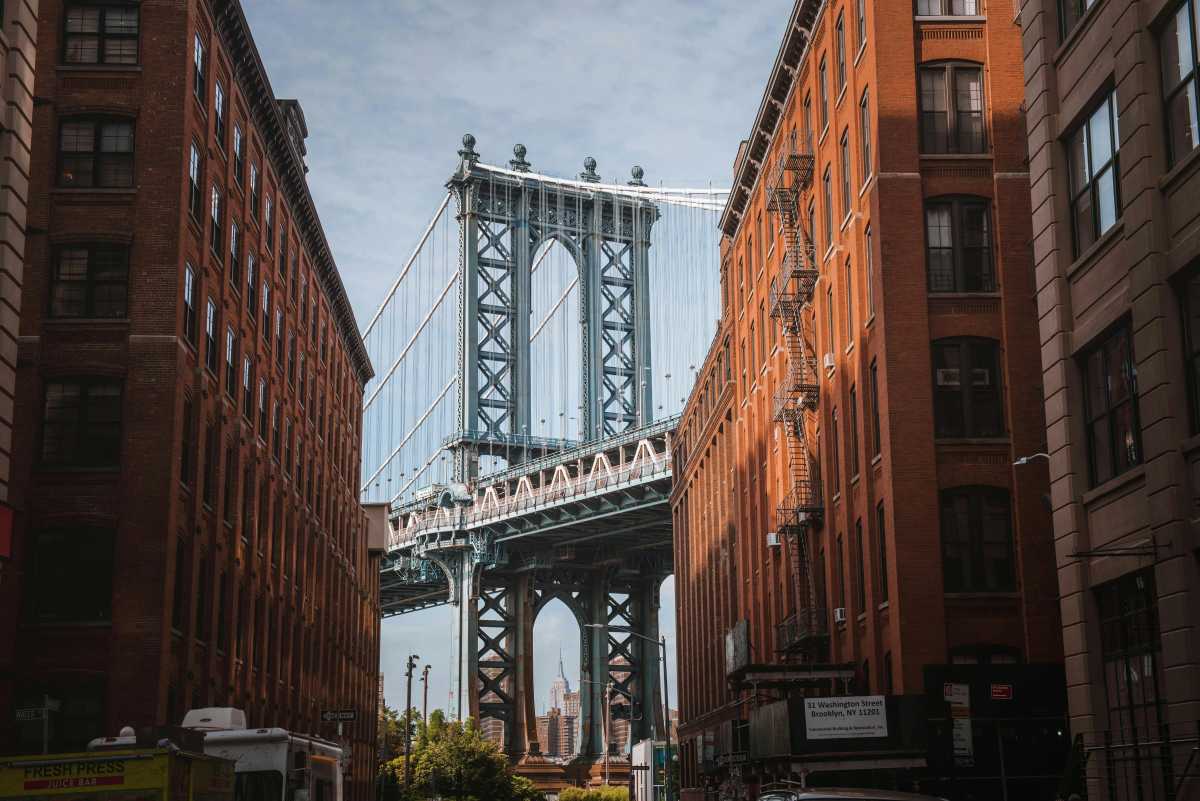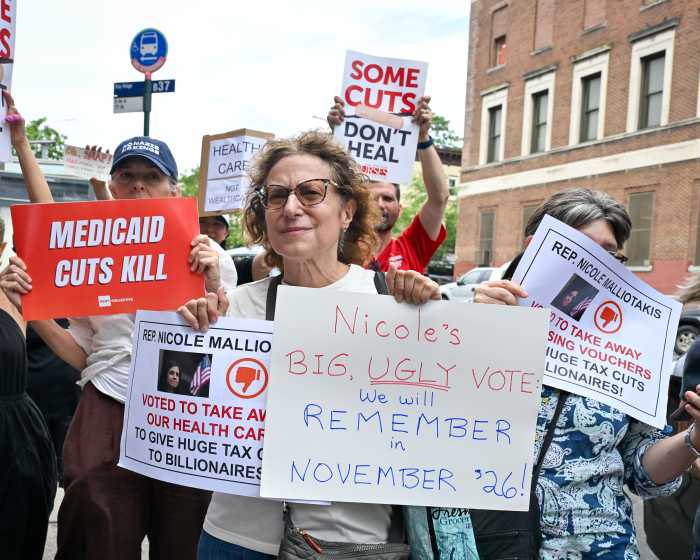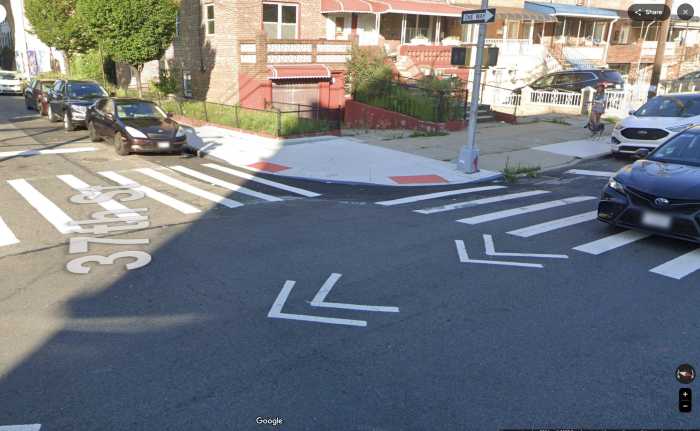Two local groups are hoping to help heal Haiti.
This week, United Way and The Brooklyn Community Foundation (BCF) kicked off the Haitian Community Hope and Healing Fund, which brings together city and borough-wide non-profits with groups focused on the city’s Haitian community to help them provide counseling, literacy education, family unification and immigration law services, including helping immigrants fill out Temporary Protected Status forms and aid current residents in bringing their family over.
“There will be tremendous needs locally and we need to start early,” said Marilyn Gelber, President of BCF.
United Way’s chief of operating, Elwanda Young, said that the group will start off with $250,000 as their base fund, a combination of $100,000 grants from United Way and BCF and smaller contributions from Capital One Bank and Saint Francis College, among others.
Service groups within the city can apply for grants from the Hope and Healing Fund, and BCF and United Way, with help from the new Haitian Community Advisory Committee, co-chaired by Dr. William Pollard, the President of Medgar Evers College, and Carine Jocelyn, Director of Diaspora Community Services, will decide who receives the grants and how they will use them. Members of the advisory committee can apply for grants as well, said Gelber, because the Brooklyn Community Foundation will ultimately decide who receives the grants.
All donations will go directly to groups serving the Haitian-American community. In order to accomplish this, UW and the BCF will provide their own staff to inspect potential recipients, said Young.
Because many services catering to New York City’s Haitian community are new and unable to handle the coming surge of recipients, the Hope and Healing fund will provide additional staff and training to existing staff at the organizations, said Gelber, as well as expand their services.
Grant applicants will need to prove that they have a working board of directors, non-profit status, and undergo an inspection before receiving any funds in order to detract potential scammers, said Young.
“Many groups have sprung up overnight that say we will help you with the process for $1,000,” she said.
Academics, politicians and activist groups will make up the forthcoming committee, which will have about 20 members.
“We’re trying to get a good cross-section of people who want to build a stronger Haitian community here in New York City,” said Gelber.
Over 180,000 Haitians live in New York, second only to Florida, with almost half making their home in Brooklyn. Jocelyn estimated that the group will need approximately $1 million to pay for their plans.
“We know budgets are tight,” said Young. We’re asking people to do all that they can.”
For more information on the Haitian Community Hope and Healing Fund, go to www.HopeandHealingFund.org.






















